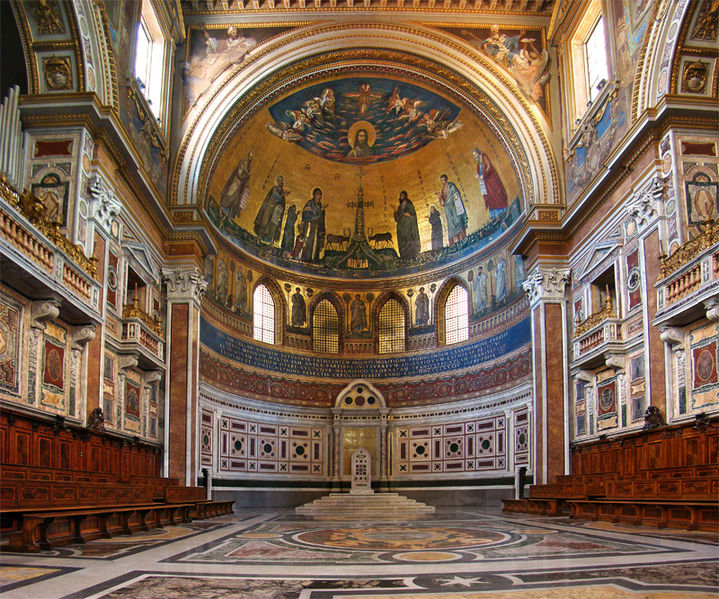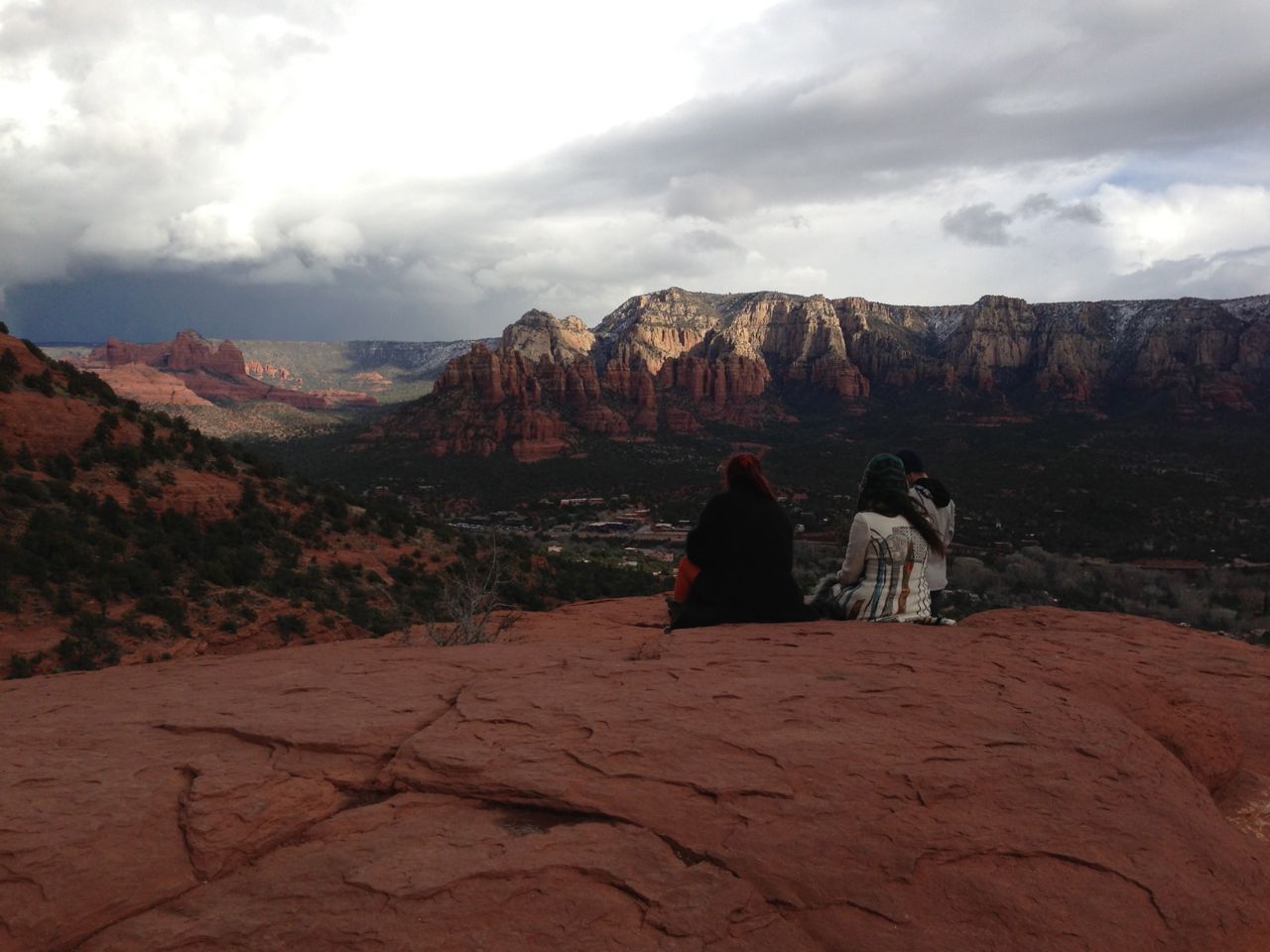 Some were disappointed that Pope Francis did not celebrate Holy Thursday Mass from the Basilica of St John Lateran, his church, instead opting to celebrate Mass with prisoners. Those people expected the pope to continue a custom which employed high liturgy and opulence. They argue on the side of transcendence. It is the same argument that brought a new English translation of the Catholic Mass a year and a half ago, changing “cup” to “chalice” and bringing language with a more “transcendent” sound. Here’s the Prayer after Communion from the Third Sunday of Easter which Catholics would have heard yesterday:
Some were disappointed that Pope Francis did not celebrate Holy Thursday Mass from the Basilica of St John Lateran, his church, instead opting to celebrate Mass with prisoners. Those people expected the pope to continue a custom which employed high liturgy and opulence. They argue on the side of transcendence. It is the same argument that brought a new English translation of the Catholic Mass a year and a half ago, changing “cup” to “chalice” and bringing language with a more “transcendent” sound. Here’s the Prayer after Communion from the Third Sunday of Easter which Catholics would have heard yesterday:
Look with kindness upon your people, O Lord,
and grant, we pray,
that those you were pleased to renew by eternal mysteries
may attain in their flesh
the incorruptible glory of the resurrection.
It takes a couple reads to fully get the meaning. But sometimes we try so hard to transcend this world that we don’t live in it. I often hear, in devotion, an overuse of religious words like “blessed”, “most holy”, or “venerable”. Religious language has its purpose, but at times it has the danger of becoming an escape from everyday ordinariness. That’s the ordinariness in which Pope Francis found God by celebrating Mass and washing the feet of prisoners.
The “dirt” of the here and now
In the desire to see something regal or hear something transcendent which “points” to God’s glory, we forget that God’s glory is pointing to the ordinary and the plain. For me there’s something more real of God in a prison with the marginalised than at a palatial church. If we truly believe God is in all things then we can find God not only in high liturgy and “transcendent” language, but just as much in a coffee table Mass and in the imperfect language of someone less educated, even in the feet of a prisoner.
It might seem offensive to talk about God being in the “dirt” of the here and now but is that not the sacramental life of Catholics? Stuff like bread and wine and fire and water and oil and palm leaves do not just point to God. The beauty of these things show us that God’s presence comes down into those things, making them holy. The Incarnation gave humanity itself a new holiness. It sanctified the “earthly” things of this world. Jesus spoke often about the Kingdom and what was beyond our world, but he most certainly showed people the holiness of the ordinary.
Building 429 in their song Where I Belong sings, “All I know is I’m not home yet / This is not where I belong / Take this world and give me Jesus / This is not where I belong.” Why do we forget that this is where God placed us for these 80 or so years? This is where we belong now and it’s where we can find God: in the here and now. We find God in the feet of prisoners, in simple language, and in the people around us. The pope’s simplicity and step back from pomp and circumstance (even avoidance of certain chanting at Mass) does not disregard the transcendent beauty of religious art, language, or liturgy. It simply reminds us that God’s spirit resides in the forgotten parts of the world like the marginalised, the oppressed, the poor, and in the plain and everyday circumstances of ordinary people. Just as the disciples were ordinary, Pope Francis is hoping to show that he too is ordinary, a human being made in the likeness of God, in the here and now.
Related posts:
- Earthly Concerns
- The Action of God
- “Doing” for a Cause
- And here’s a beautiful post on the sacred and the ordinary by Fran Rossi Szpylczyn
Listen to an audio version of this post…
Music by Kevin MacLeod









I am one of the many very happy with our new Pope. I very much like your post, particularly we forget that God’s glory is pointing to the ordinary and the plain.
So well said, Andy. And thank you for the linkage!
Its like you read my mind! You seem to know a lot about
this, like you wrote the book in it or something.
I think that you can do with some pics to drive the message
home a bit, but other than that, this is wonderful blog.
An excellent read. I will definitely be back.